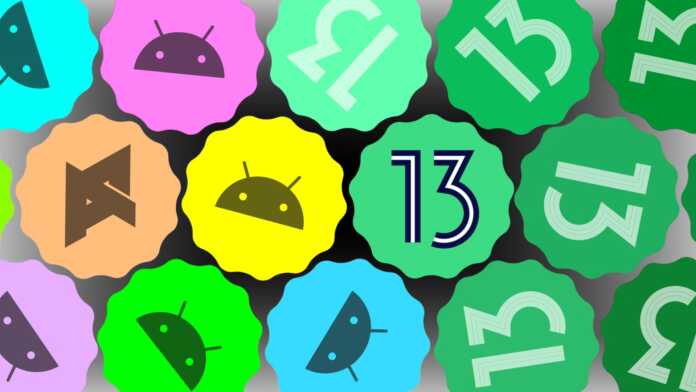The Android 13 statue was placed outside the Mountain View campus. The new version of the operating system has been available for a few hours on Pixel smartphones – from 4 onwards – and an “artistic” representation of it could not be missing even this year. Anyone expecting a dessert – perhaps a tiramisu – will be disappointed.
The latest release of the Google operating system is represented by a swing. Yes, just a swing, with the horizontal bar that supports it to represent the 1 of “13”, complete with a blue cover and written “13” in 13 languages (it is also written in 4-bit binary language). The “3” is none other than the seat of the swing (two-seater), strictly green as is the classic android that comes out from above the swing.
In short, no sweets this yearbetter a relaxing swing on the statue that officially marks the debut of Android 13. The other statues had recently been removed to restore them, now they are back in their place (or almost: they have found a new location on campus) to represent the history of the system operating of Google.
Android 13 in VR
Who wants to have fun from home will be able to observe the statue in VR: just click here from your Android smartphone and select “watch in 3D”. In this way you will be able to interact with the statue, look at it from all angles and, perhaps, even take a photo. The same fate had previously befallen Android 12 Snow Cone.
Android 13 will also arrive on Samsung, Asus, HMD, iQOO, Motorola, OnePlus, Oppo, realme, Sharp, Sony, Tecno, vivo, Xiaomi and others smartphones later this year. For all the information on the new operating system, we refer you to our dedicated article and videos.












